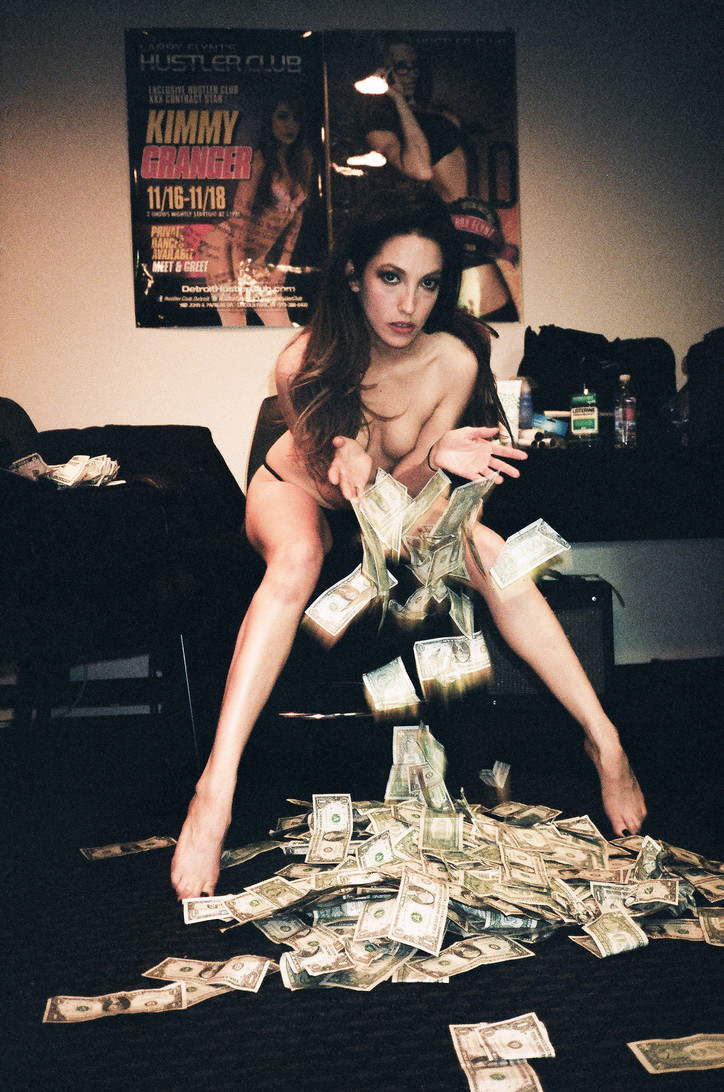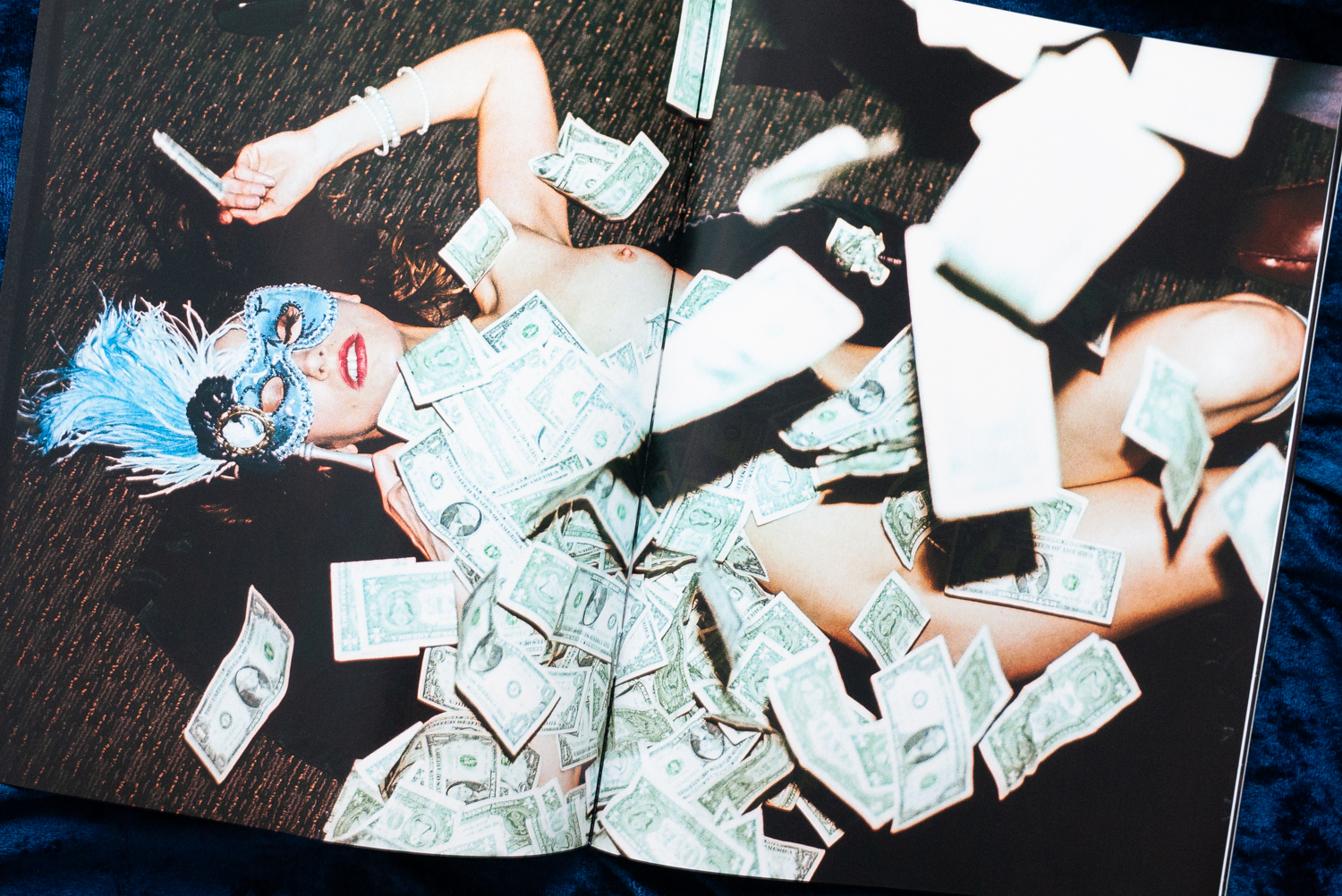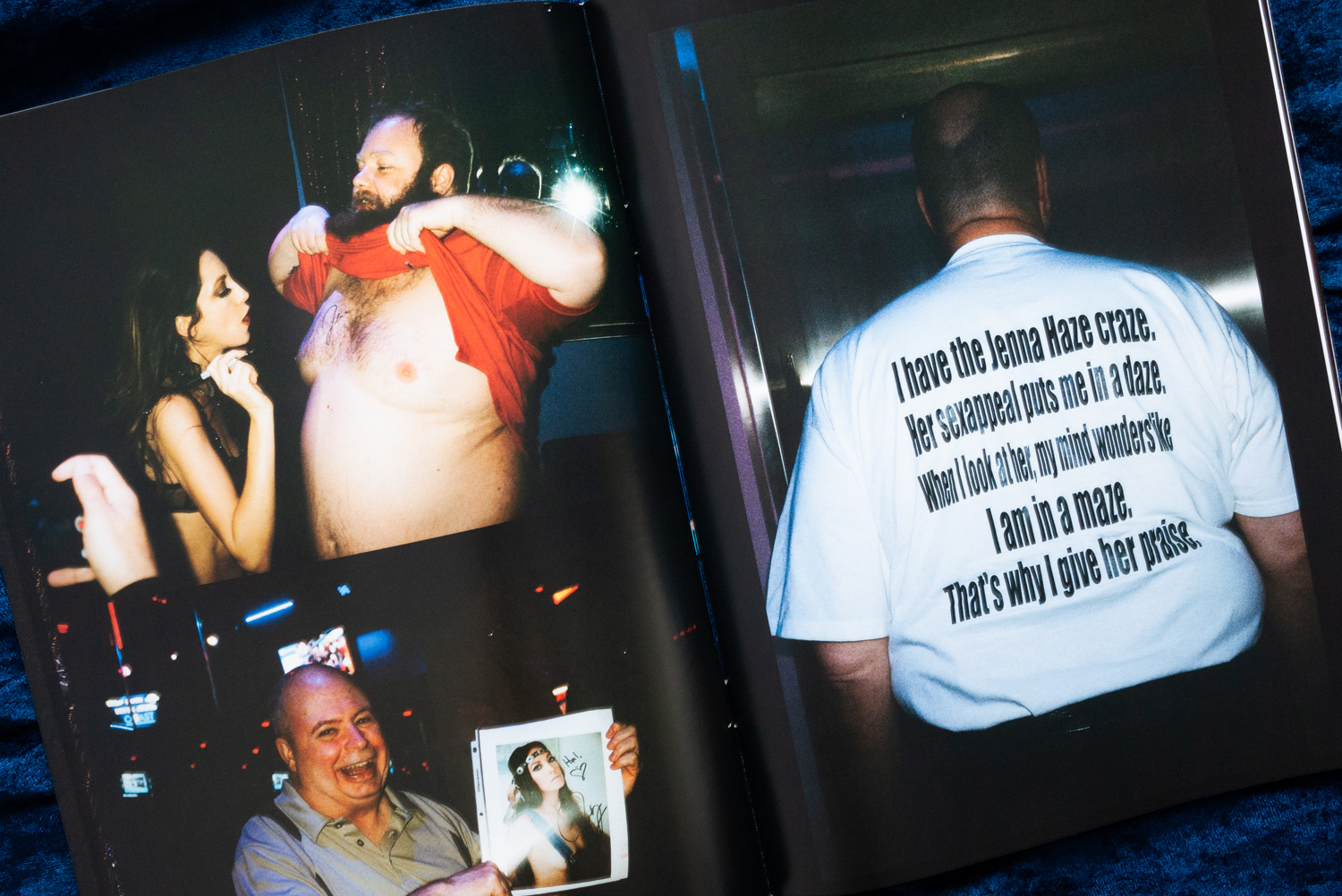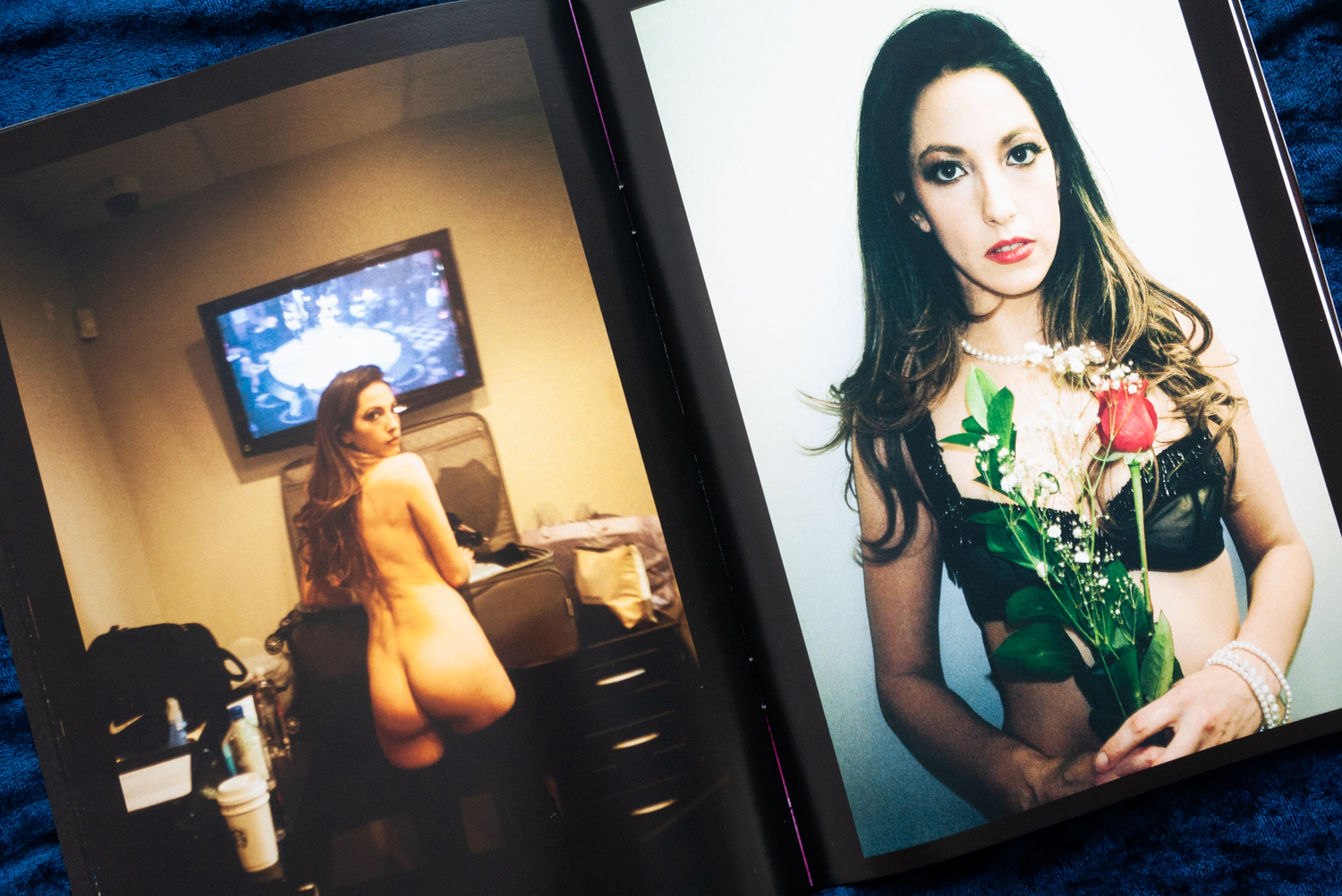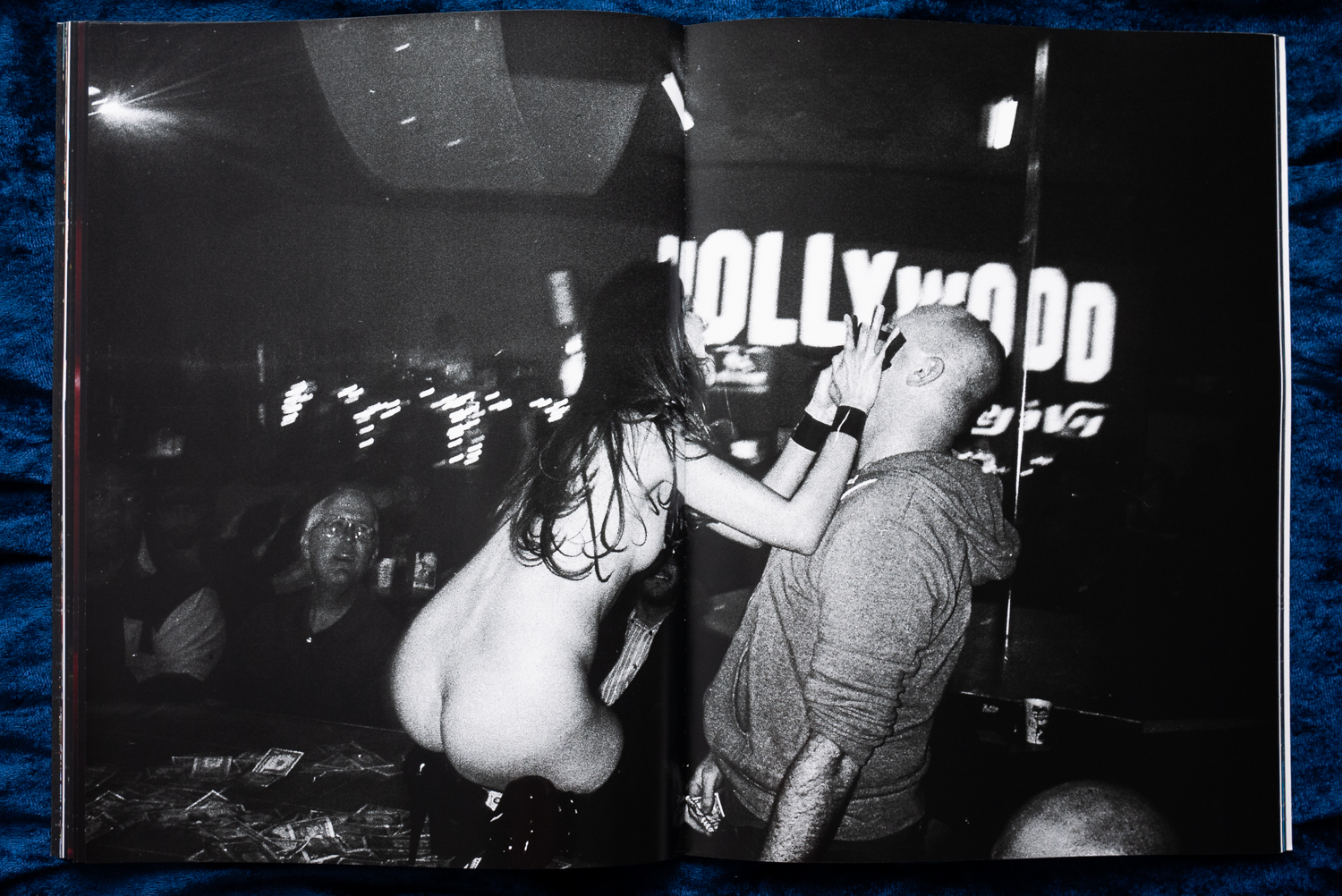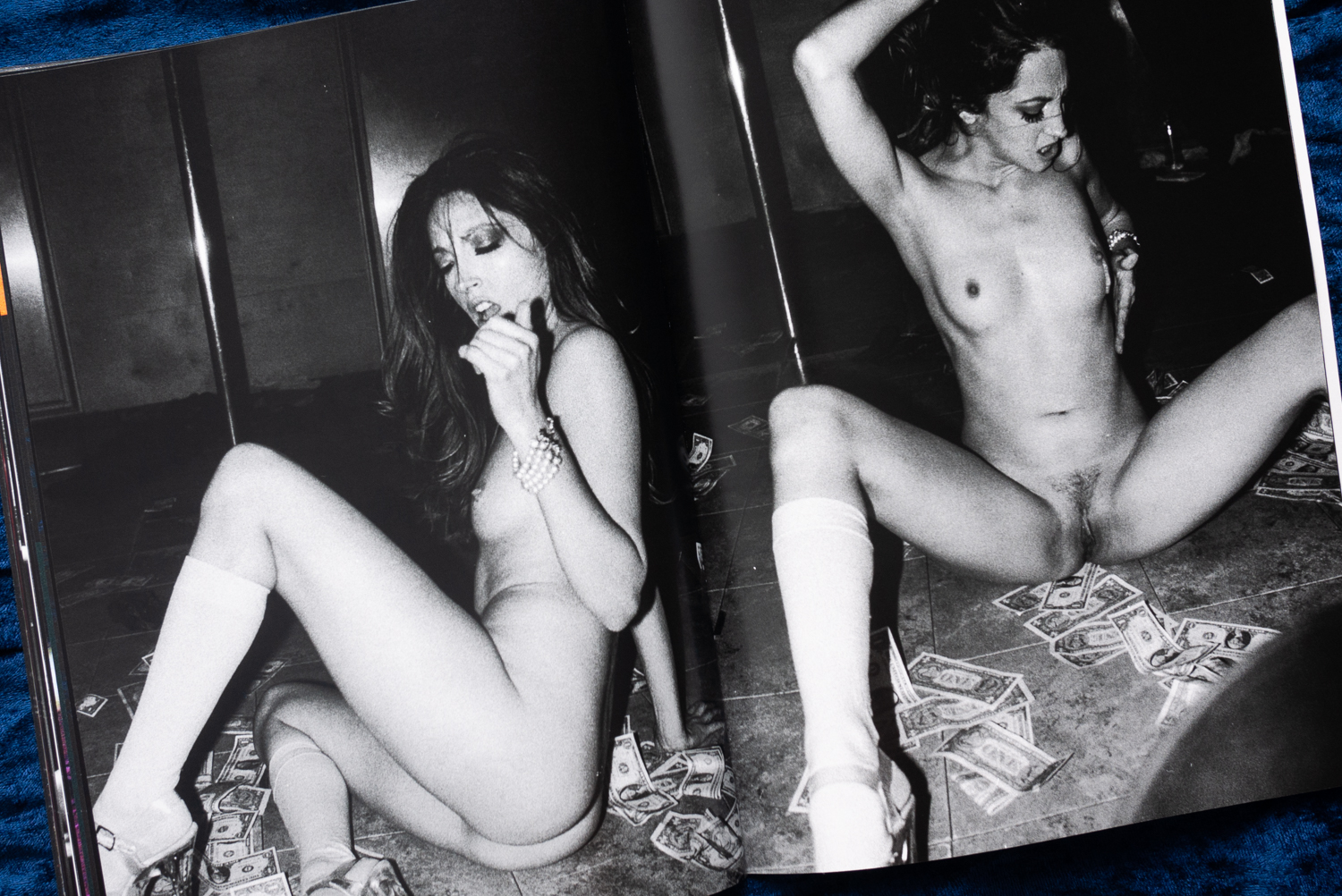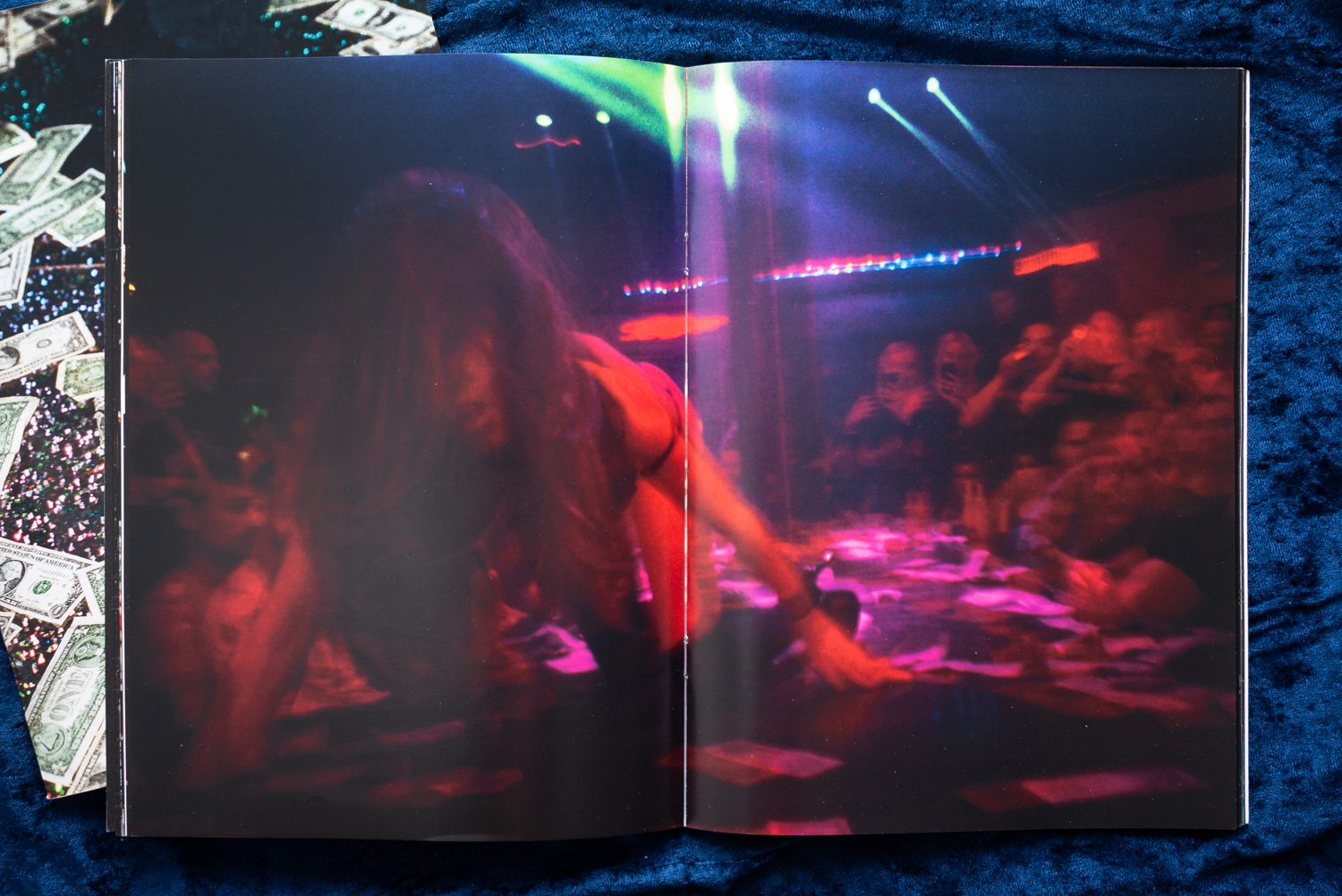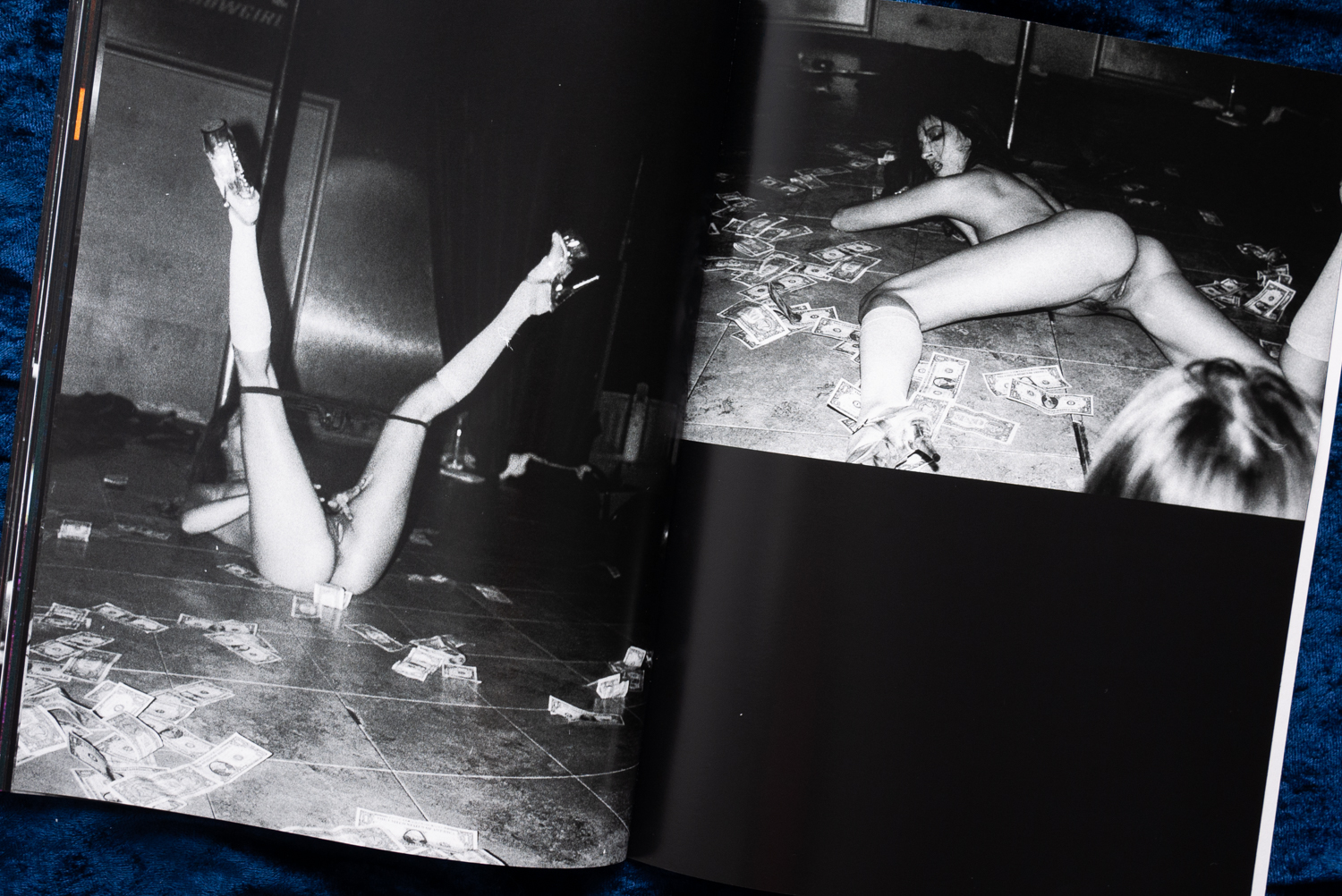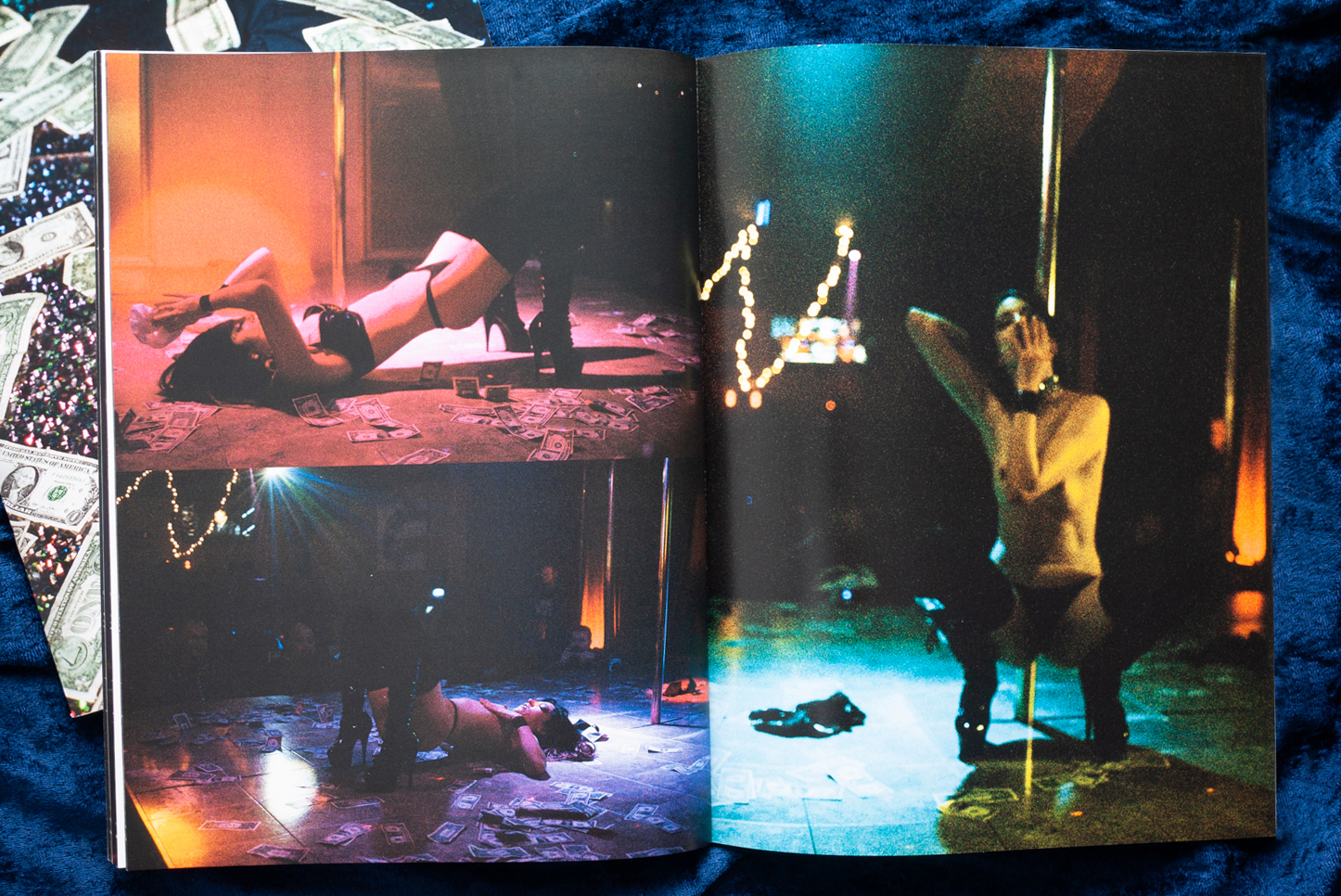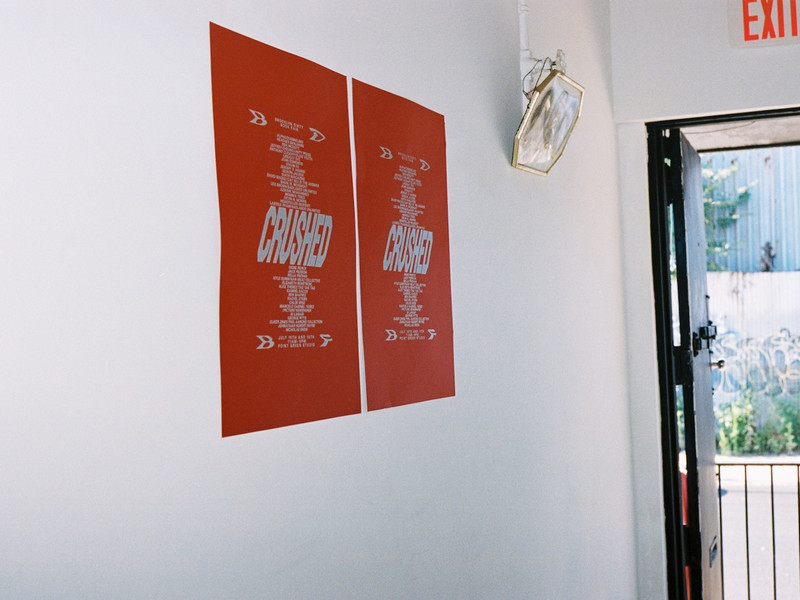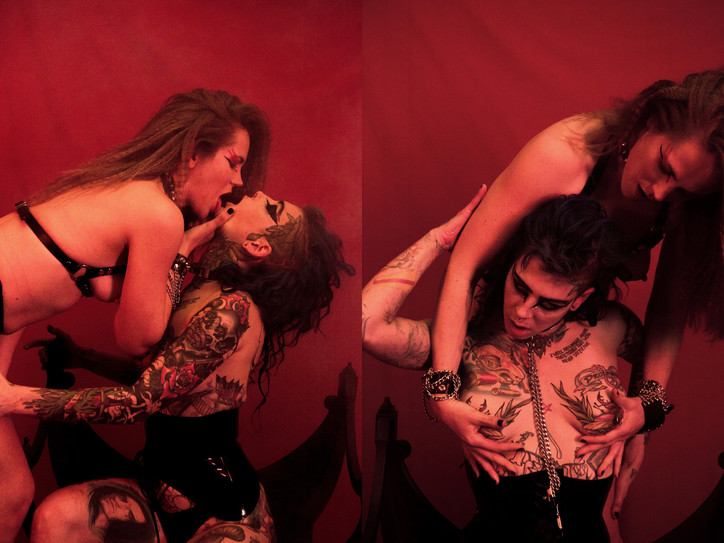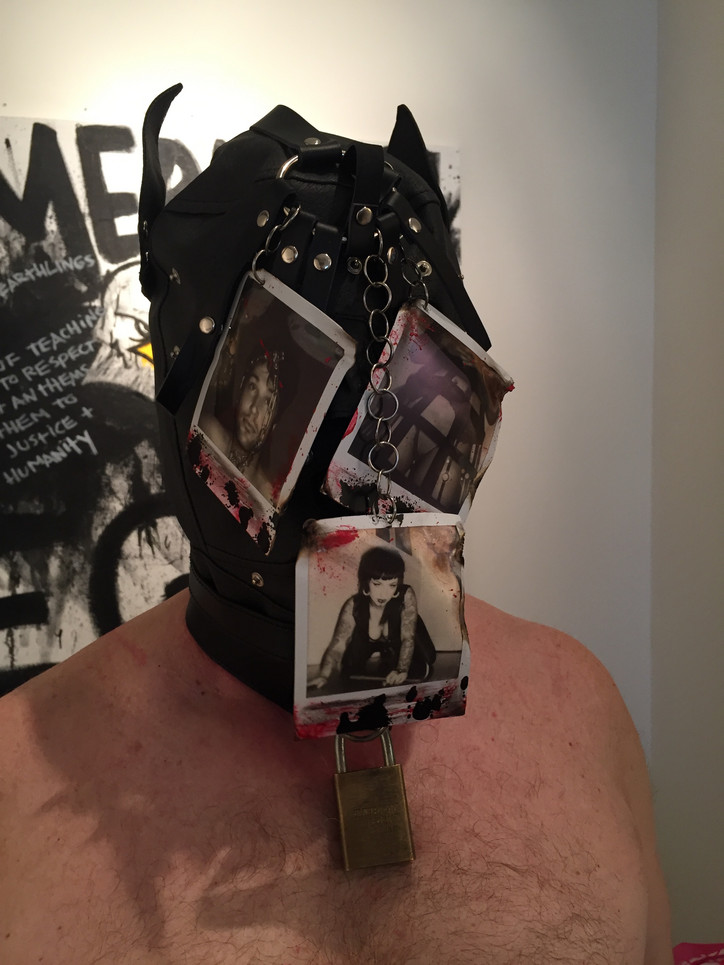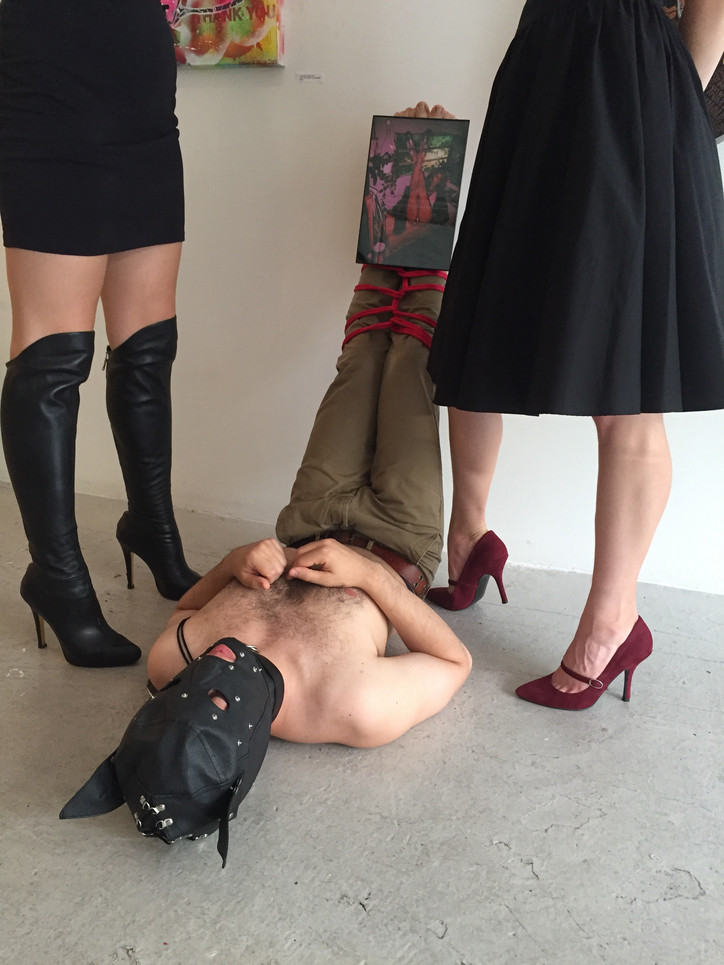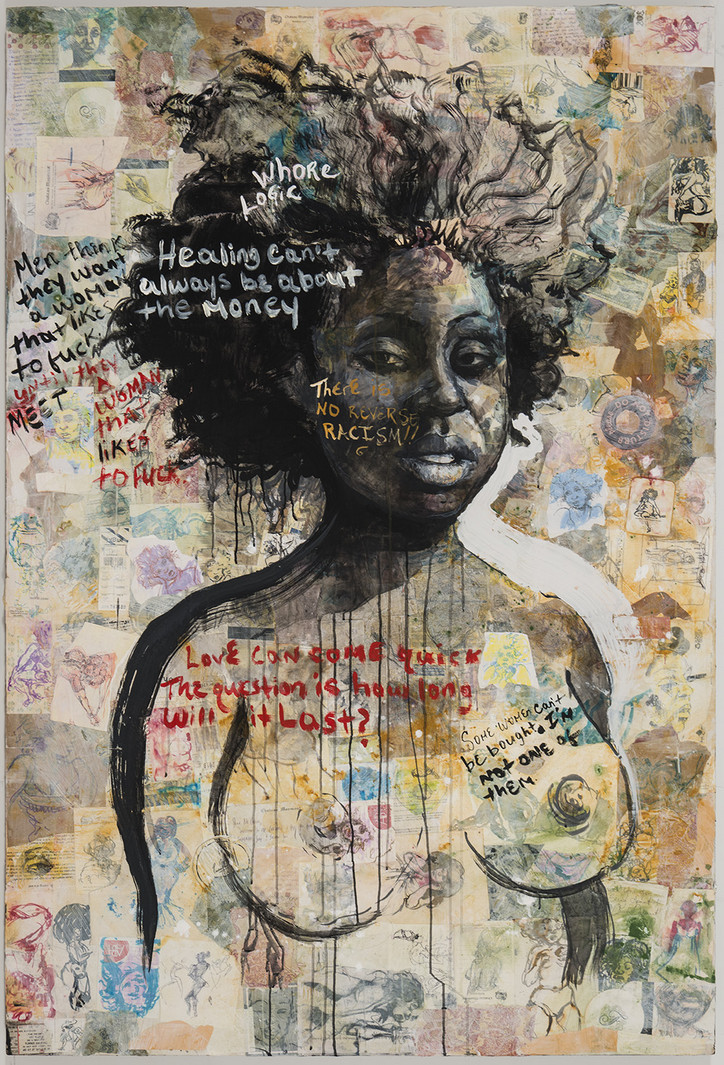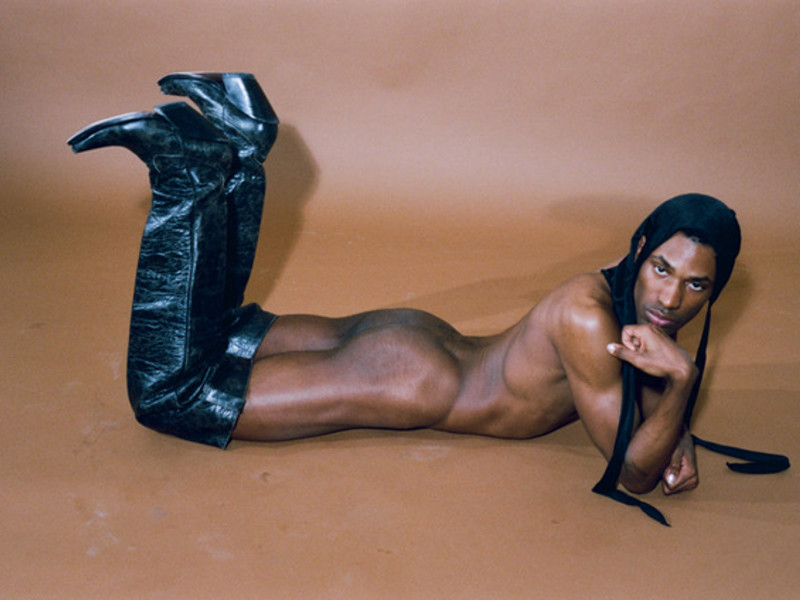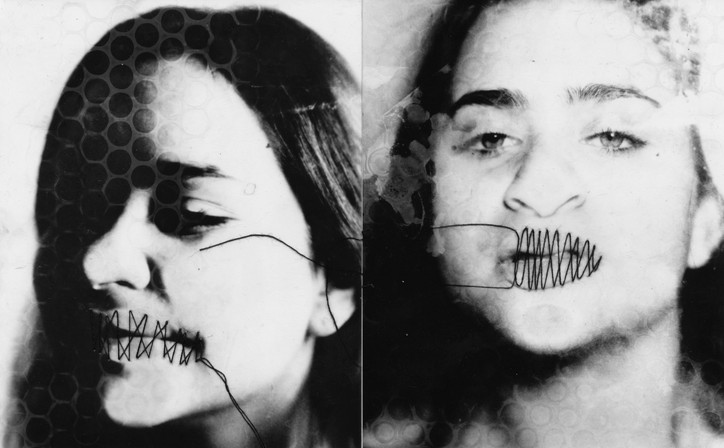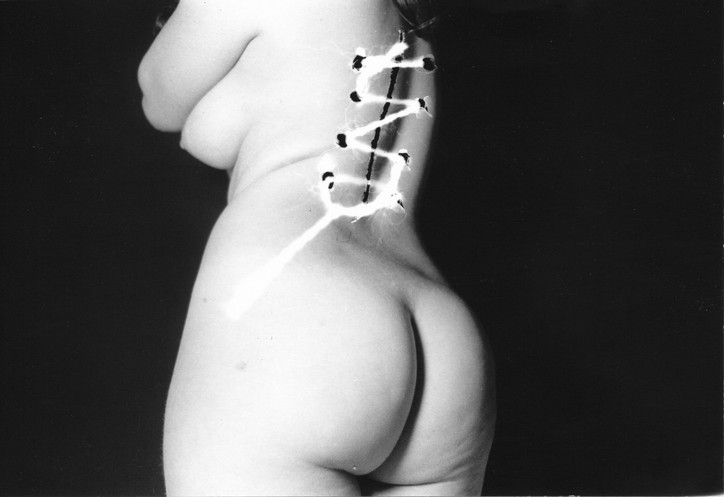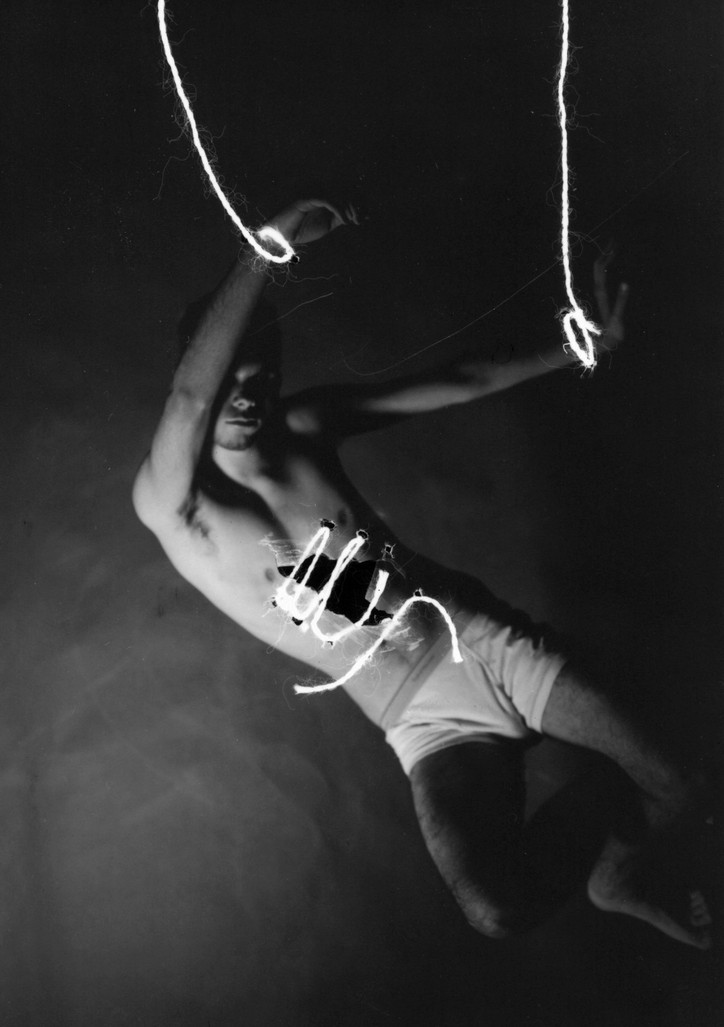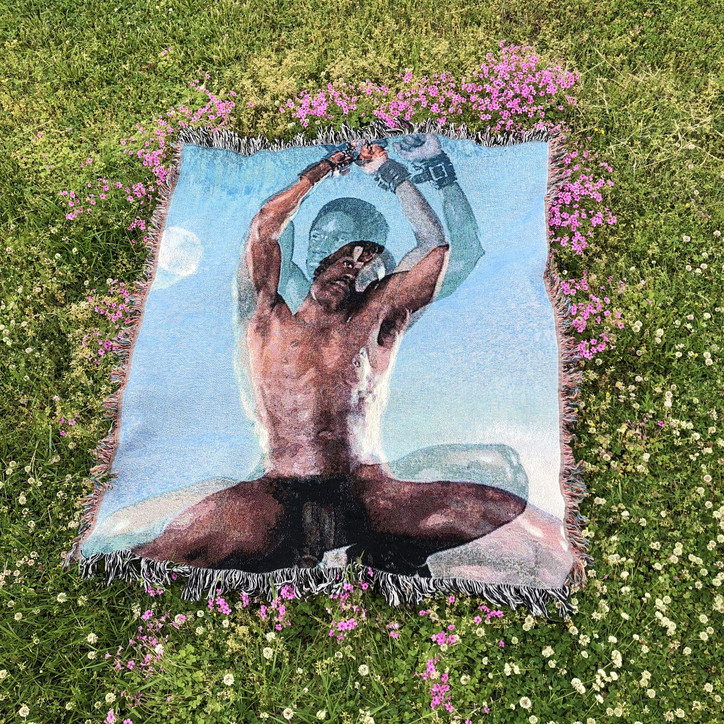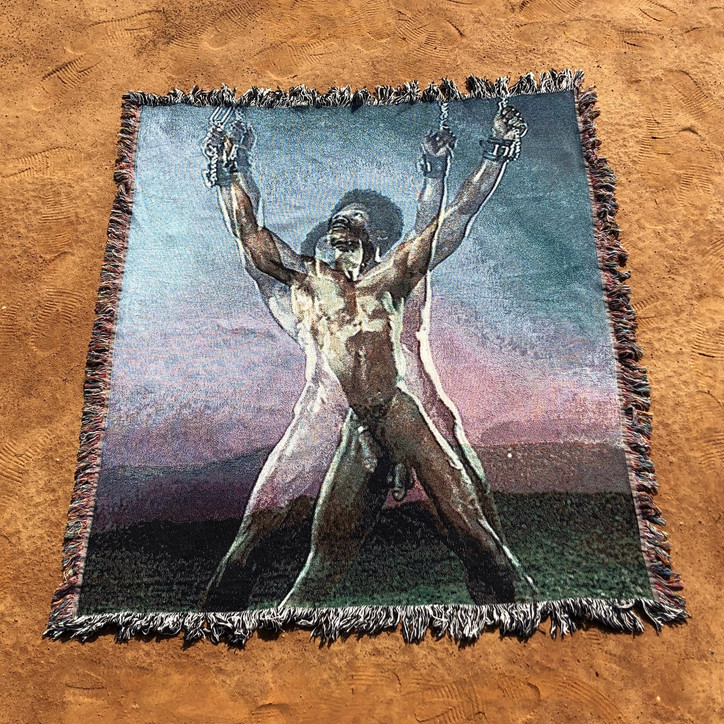It’s interesting to call sex workers a “marginalized community,” since it’s part of its allure that it is by definition on the margins of society. How do we change this and what is the end goal?
Niko and I are both pretty new to sex work and we are both coming at it from a position of privilege. We can't represent the broader sex worker community, although we are extremely proud to be members of it. This show is represents the perspectives of a few sex workers, and although it is political to the extent that all our actions are political, Blood Money is not on a political mission.
Yes, sex workers are marginalized and stigmatized. This is a real danger. Not only is our labor not protected, but doing it is actively criminalized. We're also subject to censorship from social media, financial institutions, payment processors, and other internet platforms, thanks to the recent FOSTA/SESTA bill passing into law. It’s black and brown folks, trans folks, and street workers or survival sex workers who bear the brunt of the violence, police brutality, and stigma, and it puts their lives in danger.
As to your political questions, we would like to direct you to some of the industry’s leading activists who’ve been working towards exactly that. Akynos, the founder of Black Sex Workers Collective, Ceyenne Doroshaw, founder of GLITS, Lysistrata, and Support Ho(s)e are among a network of leaders and groups fighting whorephobia and criminalization on all fronts. Some of their strategies include changing the broader narratives of sex work, establishing informal financial and social networks, and electing candidates running on a pro-sex worker platforms.
